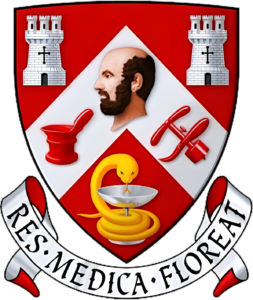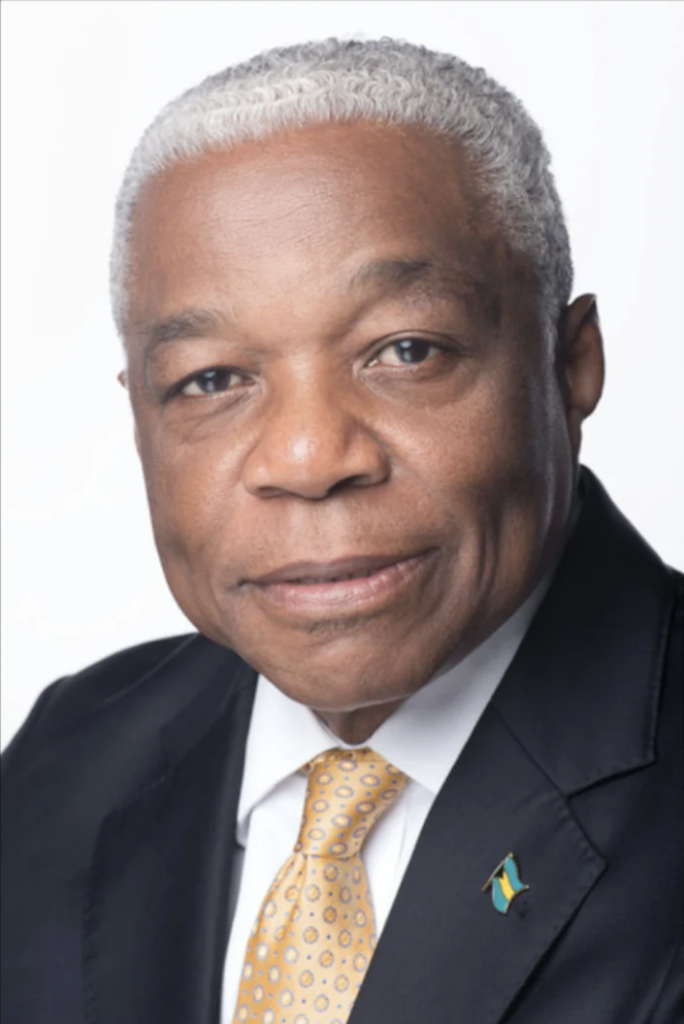Born in Nassau in October 1945, Bernard’s talent was evident from a young age. He was a champion in multiple sports at school, culminating in an appearance at the 1962 Central American and Caribbean Games where, as part of the Men’s 4 x 100m Relay team, he won a bronze medal and broke a national record. He won several Scottish and British Universities’ titles while a student in Aberdeen.
Nottage was selected for the Men’s 100m, 200m and 4 x 100m Relay at the 1968 Olympic Games in Mexico, while still studying for his degree. Although he did not progress beyond the heats, the relay team set a new national record, that lasted for 25 years. At the 200m award ceremony medal-winners Tommie Smith and John Carlos protested about racial injustice, collecting their medals shoeless, to draw attention to black poverty. At graduation, he was honoured with the John Smith Award for outstanding contribution to the University.
Experience as President of the Aberdeen University Sports Union, the University’s Athletic Association and the Scottish Universities Sports Board set Nottage in good stead for his later career. Alongside a successful medical career, he served as President of the Bahamas Amateur Athletic Association and the Central American and Caribbean Athletic Confederation. He was instrumental in achieving voting parity for smaller countries within the International Amateur Athletic Federation, who awarded him the Veteran’s Pin for his services to international athletics.
In 1987, Nottage was elected to Parliament and held several ministerial roles. When Dr Bernard Nottage died in 2017, he was awarded a state funeral,


